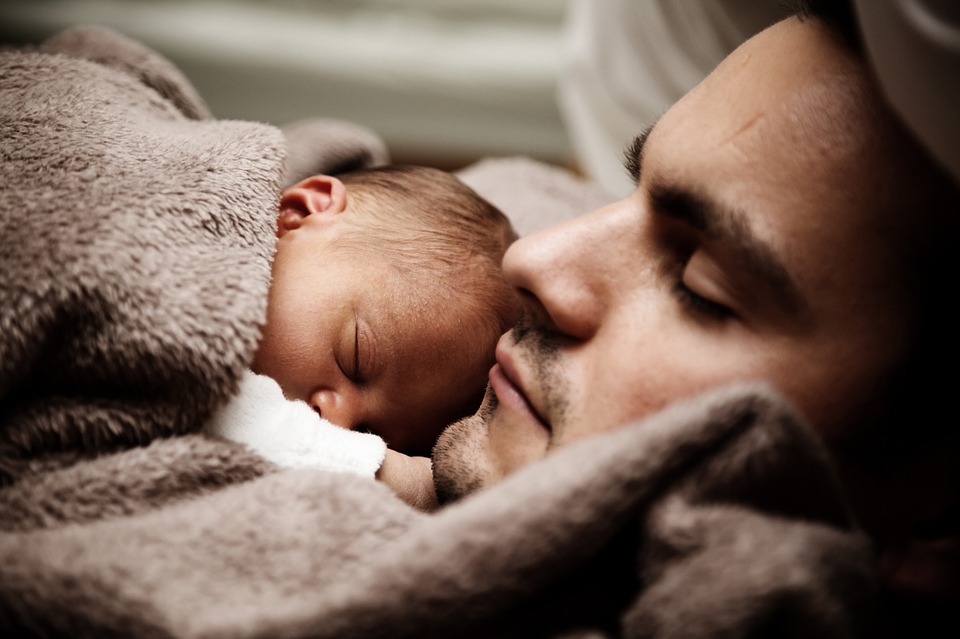If you’re depressed after having a baby, know that you’re not alone. It strikes moms and dads, and is treatable.
Falling into a depression after you’ve had a baby sucks. Let’s face it: taking care of an infant is all-encompassing, extremely tiring and often actually boring.
Of course, if you’re feeling great and have an awesome level of bonding hormones racing through your body and mind you might well be smiling, laughing and loving it all anyways. Which is wonderful.
But for some parents, having an infant to care for is one of the most difficult times in their lives.
Postpartum depression, or depression that follows giving birth to a baby, more commonly strikes moms but can also target dads.
(photo credit: www.pixabay.com)
It can be difficult to gather the energy to step away from your situation and be able to self diagnose for postpartum depression, but the good news is that it’s treatable. And it will one day go away, as time goes on.
Related: How Post Natal Depression Can Affect Men Too, and How to Get Help
Individuals who suffer from postpartum depression can have difficult time bonding with their baby. It’s not their fault: nature is dealing them a difficult hand.
Symptoms
The Mayo Clinic defines these symptoms as some that typically accompany postpartum depression:
- Depressed mood or severe mood swings
- Excessive crying
- Difficulty bonding with your baby
- Withdrawing from family and friends
- Loss of appetite or eating much more than usual
- Inability to sleep (insomnia) or sleeping too much
- Overwhelming fatigue or loss of energy
- Reduced interest and pleasure in activities you used to enjoy
- Intense irritability and anger
- Fear that you’re not a good mother
- Feelings of worthlessness, shame, guilt or inadequacy
- Diminished ability to think clearly, concentrate or make decisions
- Severe anxiety and panic attacks
- Thoughts of harming yourself or your baby
- Recurrent thoughts of death or suicide
If you’re finding it hard to care for your infant, or know someone who is, talk to a doctor or other supportive medical professional about it. The best thing to do is connect with a helping hand, and know that things will only get better.
Photo credit: GrooveZ/Shutterstock












